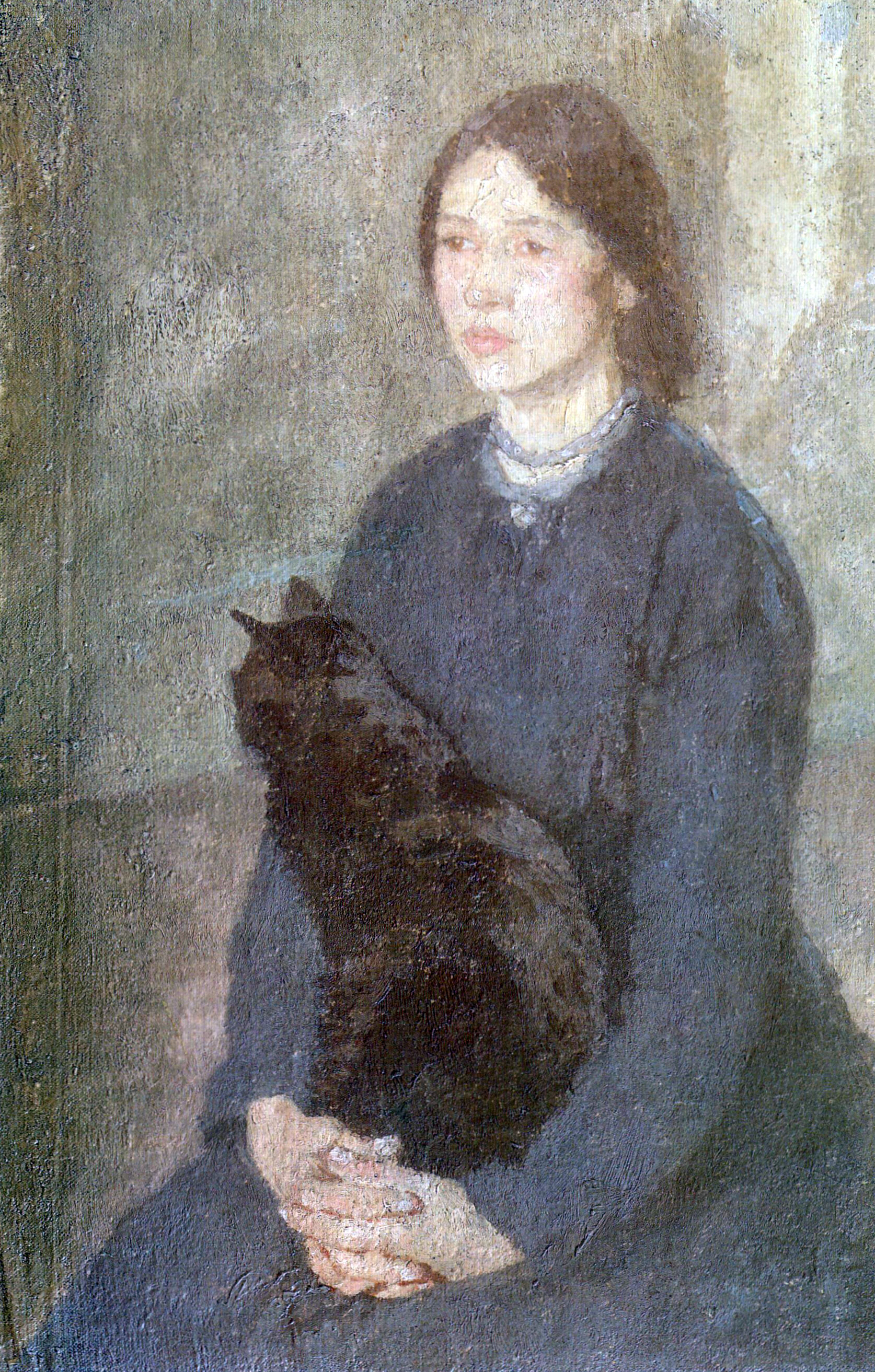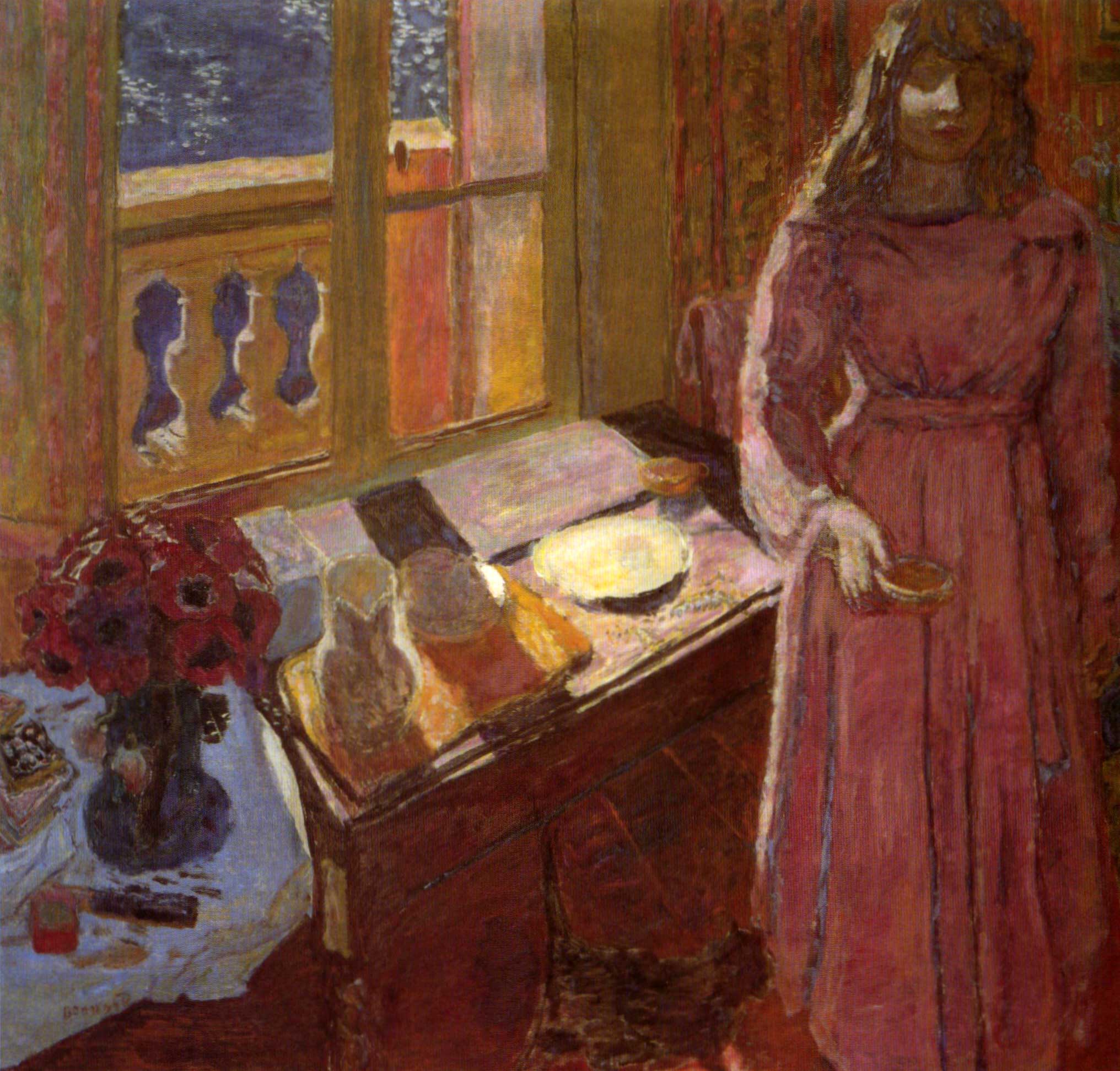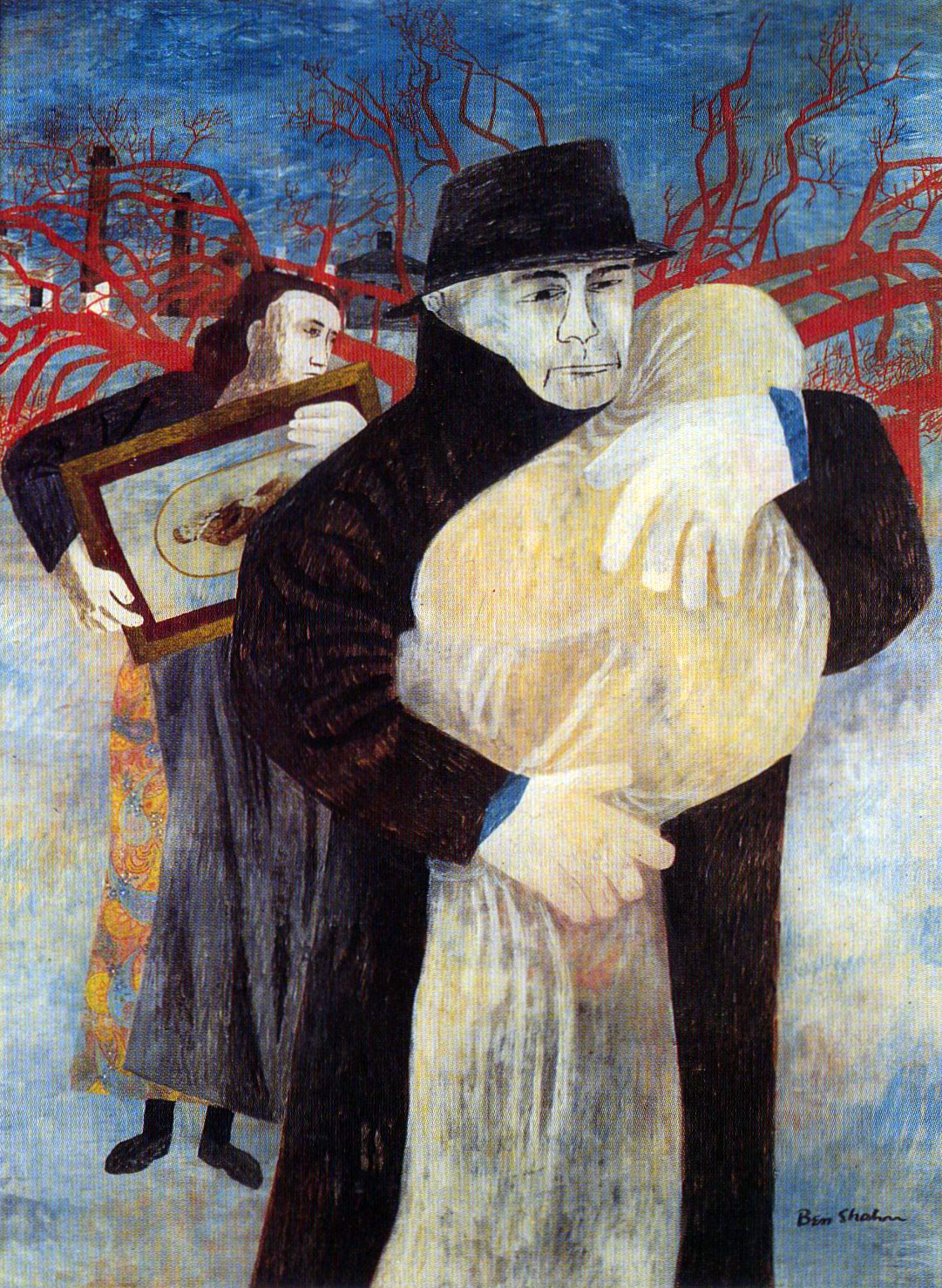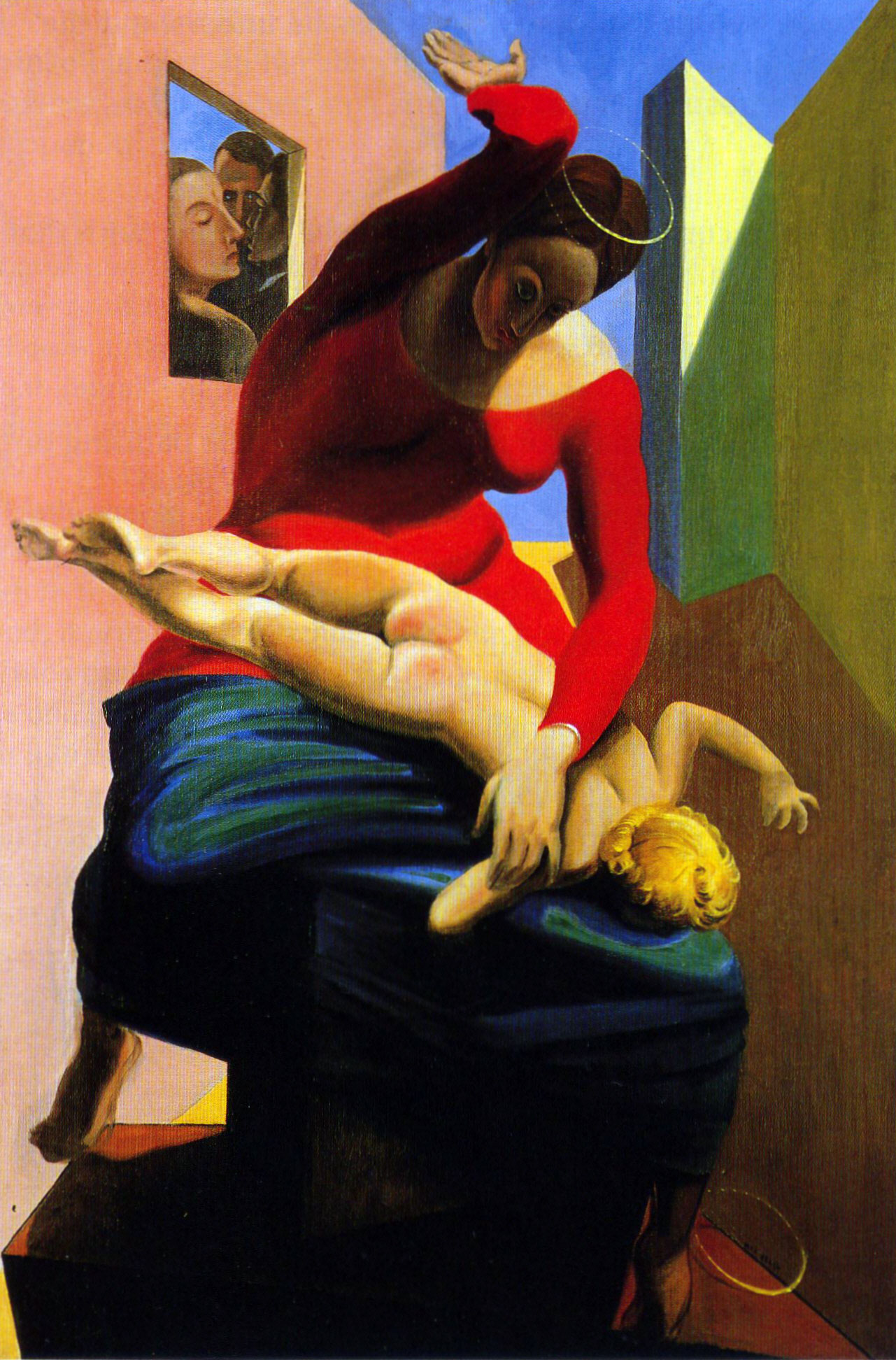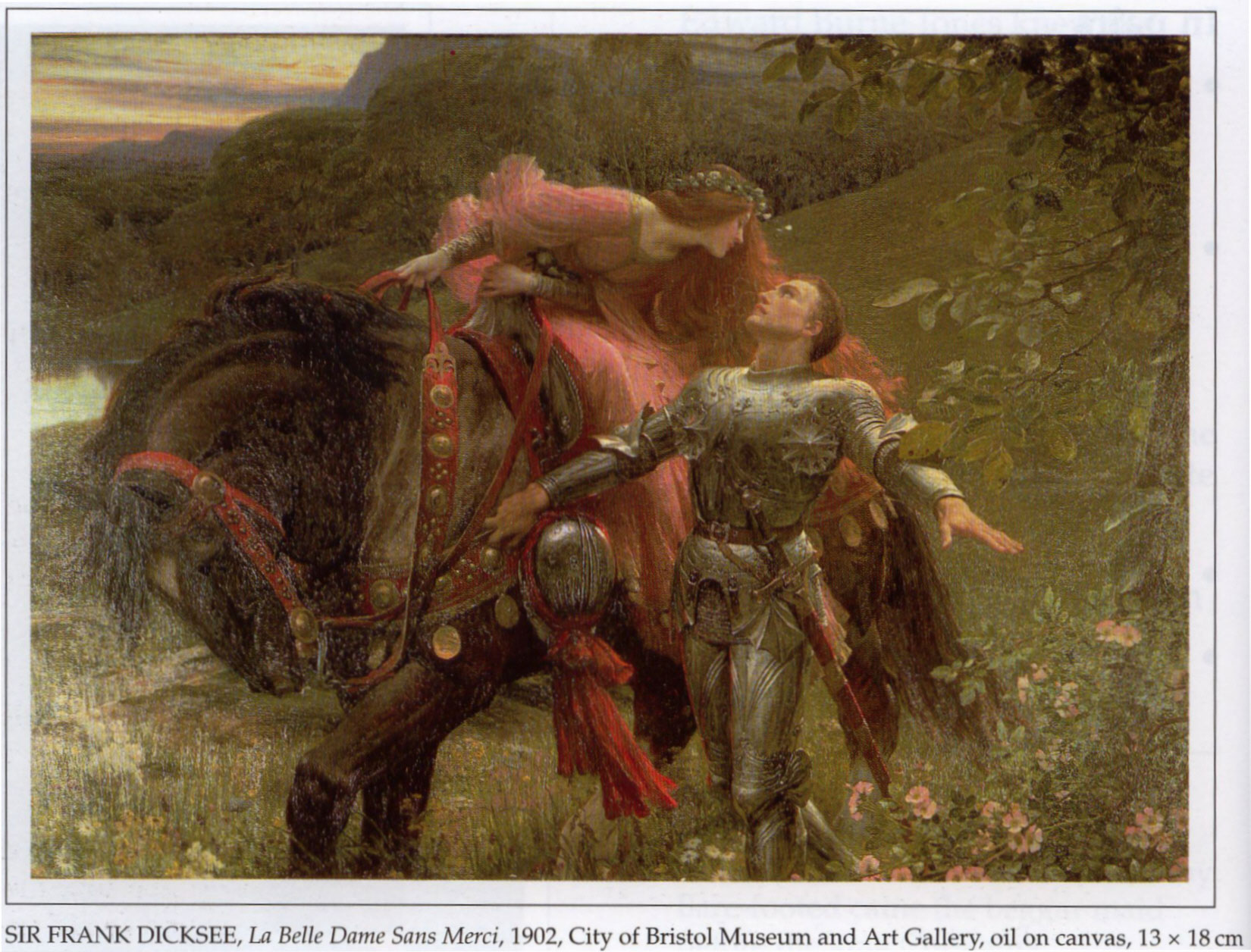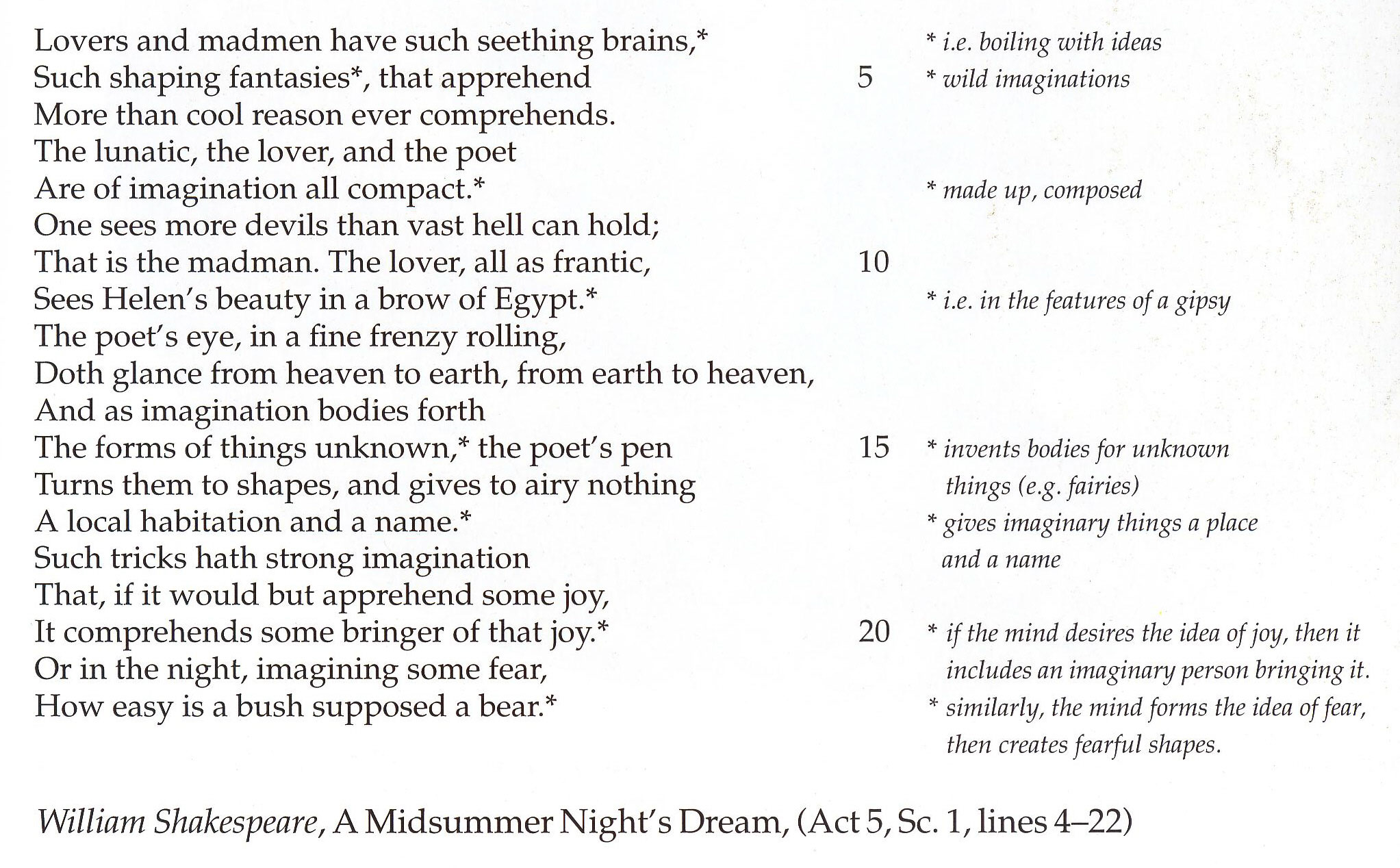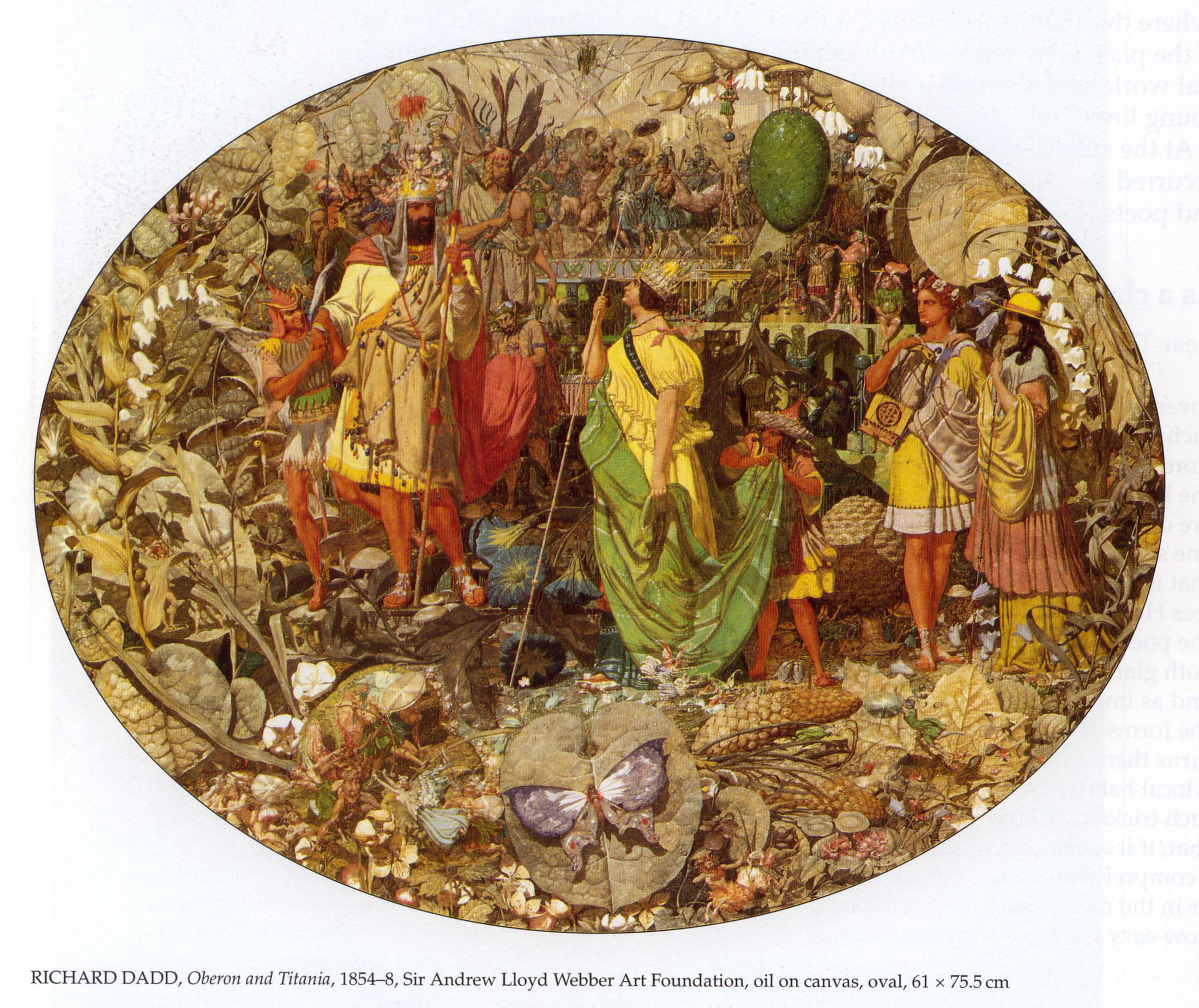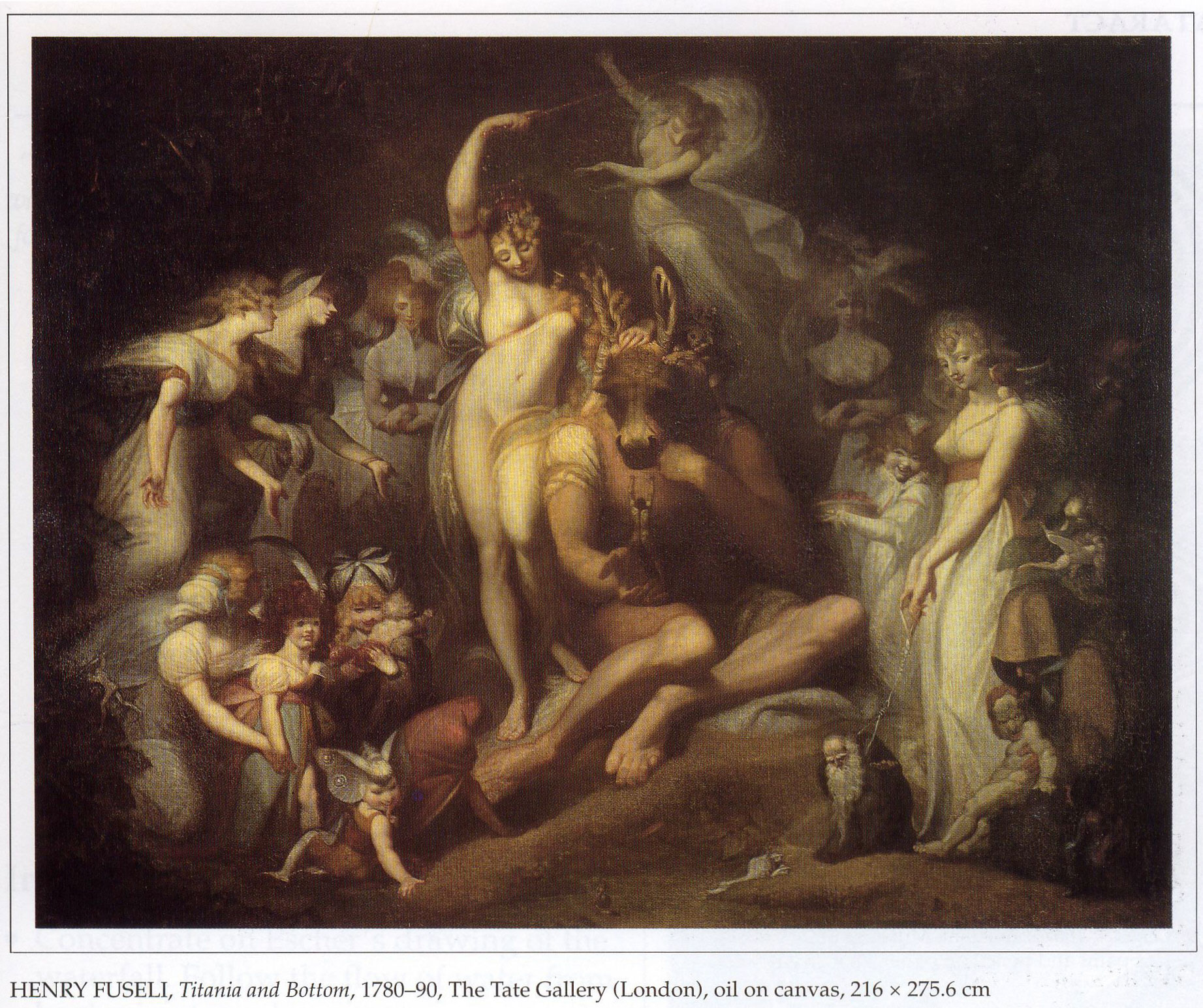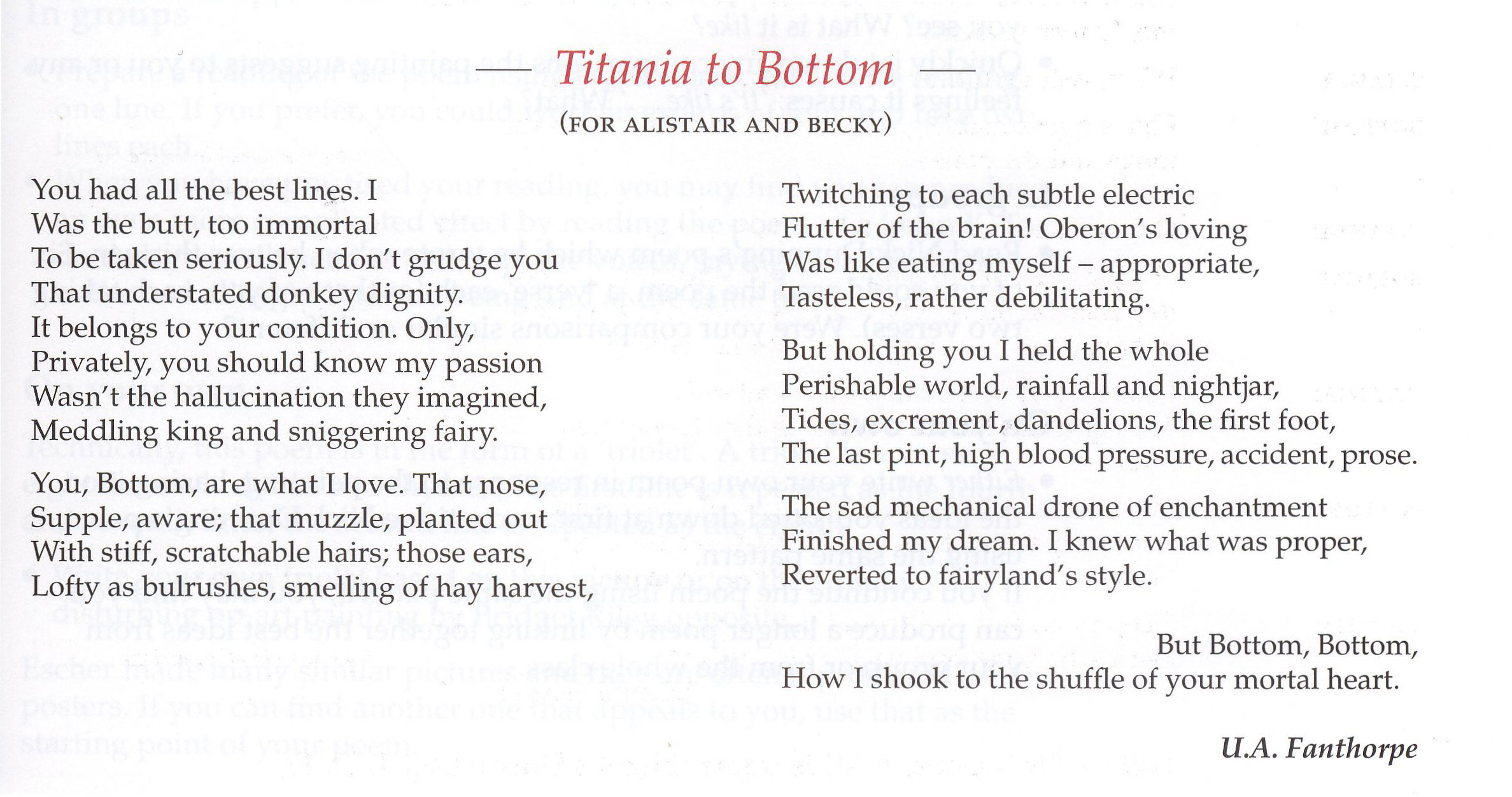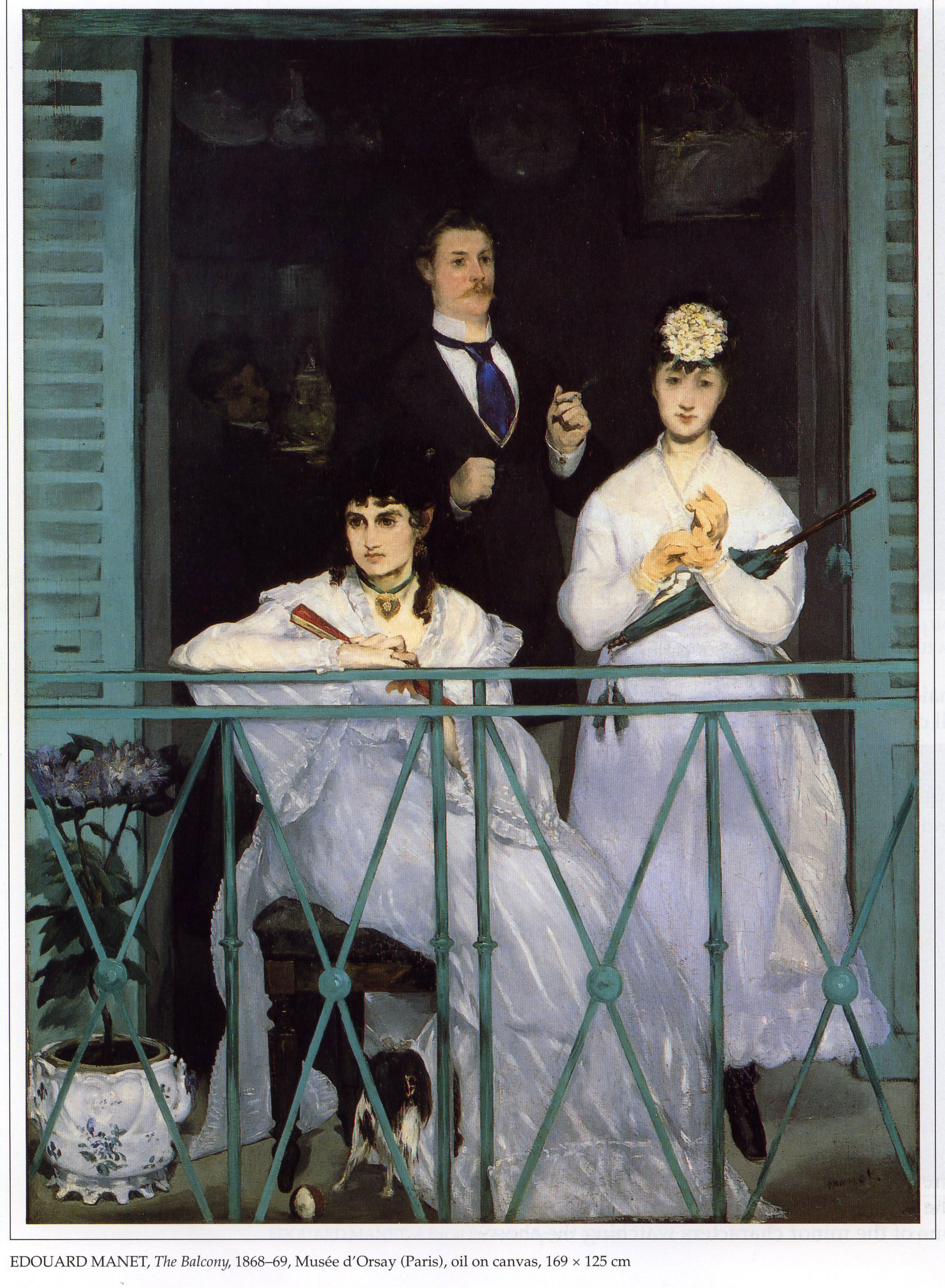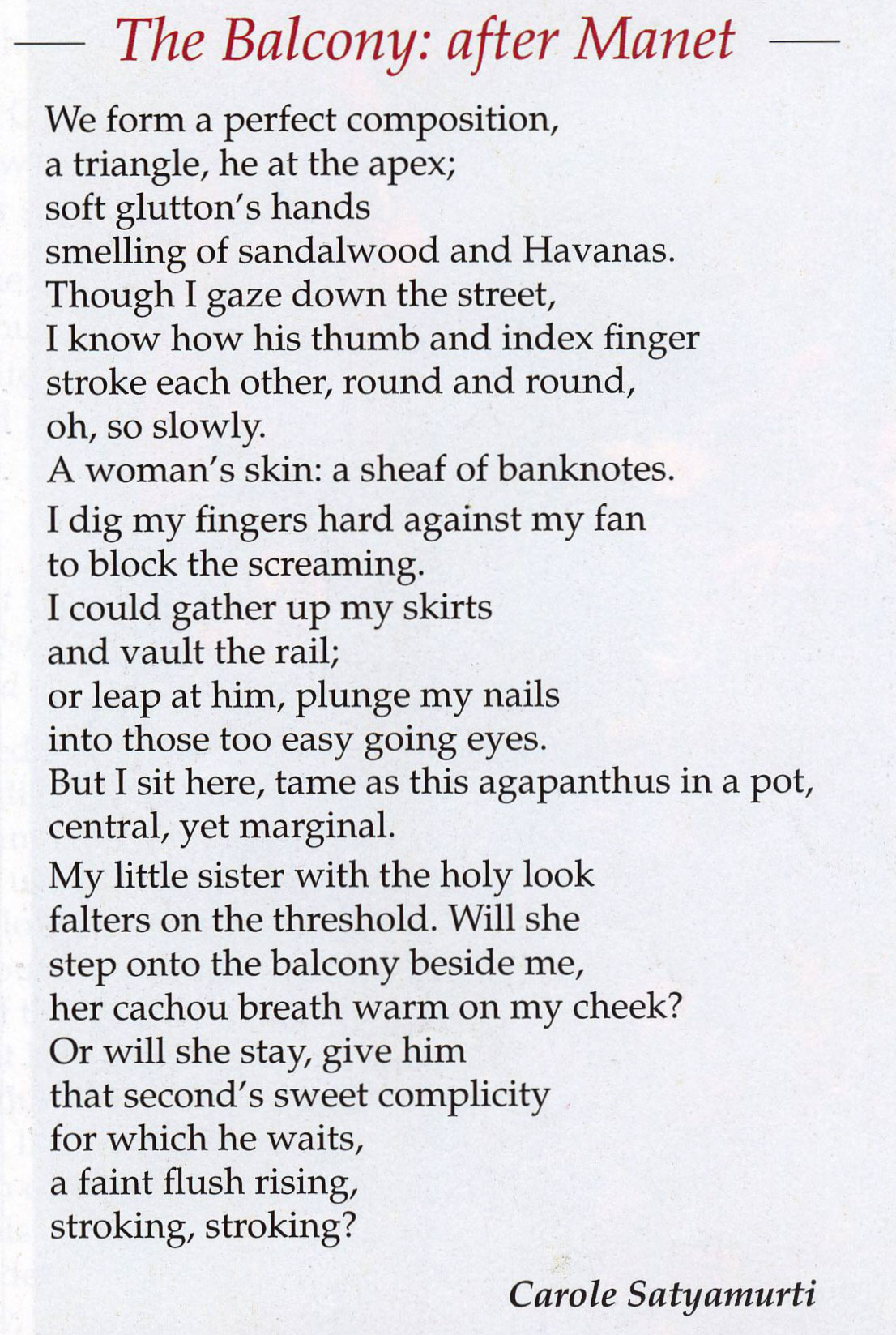|
Gwen John image (click on image for larger size file) and related poem: Benton, 54-55. |
|
Gwen John's Cat |
|
Bonnard image (click on image for larger size file) and related poem, Benton: 10. |
|
The Bowl of Milk |
|
Ben Shahn image (click on image for larger size file) and related poem, Benton: 37. |
|
Father and Child:Ben Shahn
|
|
Max Ernst image (click on image for larger size file) and related poem, Benton: 65-66. |
|
The Virgin Punishing
the Infant He spoke early. Not
the goo goo goo of infancy, She grew anxious in
that second year, would stare After he walked, our
normal children crawled. Our wives But I am God.
We heard him through the window, Carol Ann Duffy
|
|
Reverse Ekhphrasis: Benton: 24-25. |
|
|
|
Reverse Ekphrasis: Benton, 27-28. |
|
|
|
Ekphrasis: Benton, 31. |
|
|
|
Ekphrasis: Benton, 31. |
|
|
|
Last Updated 11 January 2012 |
